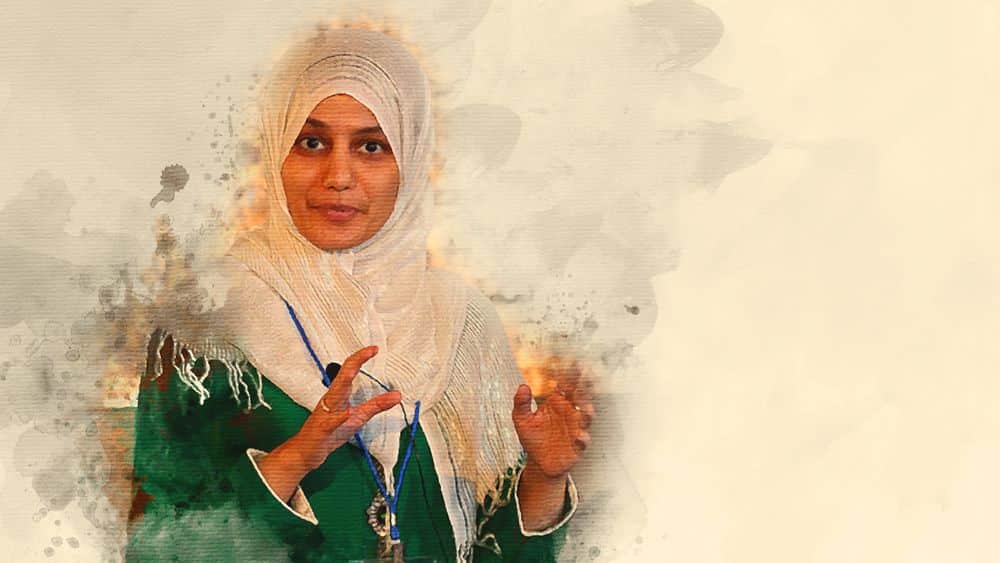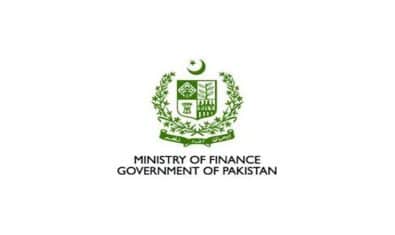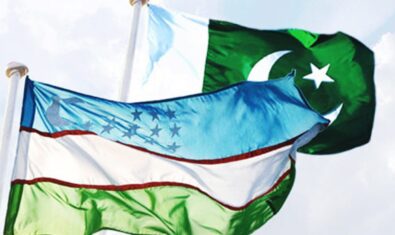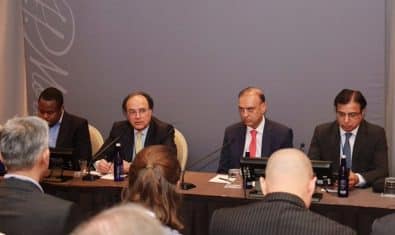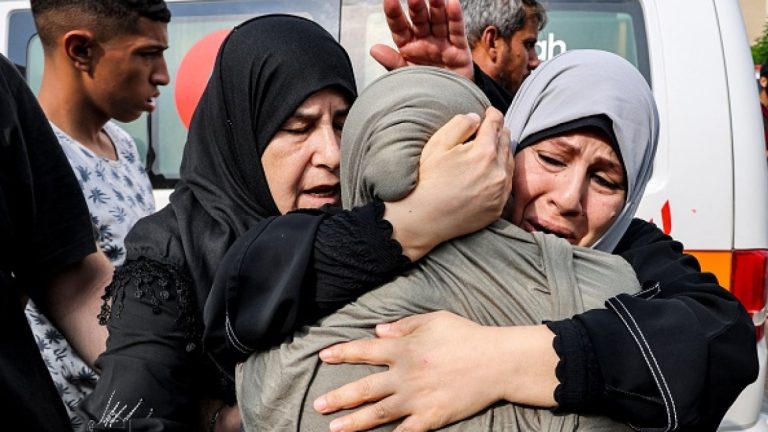To recognize the role of Women in Political Empowerment, European Centre for Career Education (ECCE) invited Farzana Yaqoob, President Asia Institute of Public Policy in Czech Republic, to deliver an exclusive guest note on the state of gender parity in Pakistan.
About ECCE
ECCE – a leading European institute based in Prague, Czech Republic – is focused on practical education to facilitate learning after graduation. The ECCE hosted a high level seminar in Prague, with graduating students of law, in order to share global stakeholders’ perspective on working women, enhancing women empowerment and recognizing their role in economic viability by identifying their informal contribution towards a country’s GDP.
Farzaz Yaqoob’s Key Note
Farzana Yaqoob, Founder and President of Asia Institute of Public Policy, was the key note speaker at the ECCE. Speaking to the ECCE Law faculty of 2017, she said that, Pakistan currently stands among the top 100 countries that recognize the role of women in political empowerment.
According to the World Economic Forum, Pakistan’s is ranked at 90th among 144 countries on the indicator of Political Empowerment of Women. Furthermore, Pakistan comes in at 70th with regards to Women in Parliament and 28th in terms of “Years under a female head of state”.
The World Economic Forum, while identifying further indicators, Economic participation and opportunity, currently ranks Pakistan at 143. Other ranks put Labor force participation of Women is at 139 and Wage equality for similar work at 114.
However, despite a significant change of women recognition and inclusion in Political empowerment, Pakistan’s deteriorating situation in the Education sector currently brings it down to 135th followed by Health and Survival at 124th out of 144 countries.
Ms. Yaqoob emphasized how Asia Institute of Public Policy is strategizing on improving Pakistan’s scorecard on Gender Parity by identifying contribution of Women in informal economy and shifting this economic contribution to formal economy in order to enable them to be more self-reliant and autonomous. This could have an inadvertently long lasting impact on the gender parity gap in Pakistan, she added.
About Farzana Yaqoob
Farzana Yaqoob represents the next generation leadership of South Asia and has served as a Minister for Social Welfare and Women Development in Azad Jammu and Kashmir in 2011. She is also the General Secretary at Einsenhower Fellowship program and has worked diligently with the Government of Azad Jammu and Kashmir against Women harassment for the Work Place Act followed by her subsequent efforts in amending the acid crime bill in the AJ&K Assembly.
The young leader advocates towards drafting national action plans and legislation to promote gender equality, in accordance with commitments under Goal 5 of the 2030 Agenda for Sustainable Development.
Ms. Yaqoob has widely advocated and worked upon confidence building measures and increasing women participation in electoral landscape while pioneering public debates. She has worked on the enactment of the Domestic violence Act for the rights of the women in Kashmir at both national and International level. Her biggest achievement for Kashmiri women was identified upon creation of her proposed framework that ensured opportunities for women employment in the formal and informal sectors of the economy; facilitating them by matching public investment policies
The former minister tried to provide women with access to markets in Azad Jammu and Kashmir and abroad by launching skill enhancement and training programs to which helped more than 1200 girls and women in the region.
About Asia Institute of Public Policy
Asia Institute of Public Policy is a think tank based in Islamabad with an objective to promote a research-based approach in creating Knowledge Councils, to facilitate the transformation of deeply-rooted socio-economic and political challenges.
The institute aims to reorganize the relationships between various stakeholders based on ‘Trust Collaterals’ from the government, business, academia, media and the civil Society in facilitating their integration by convergence so that all the stakeholders are actively involved in confidence building measures on issues pertaining to global connectivity and interdependence.
